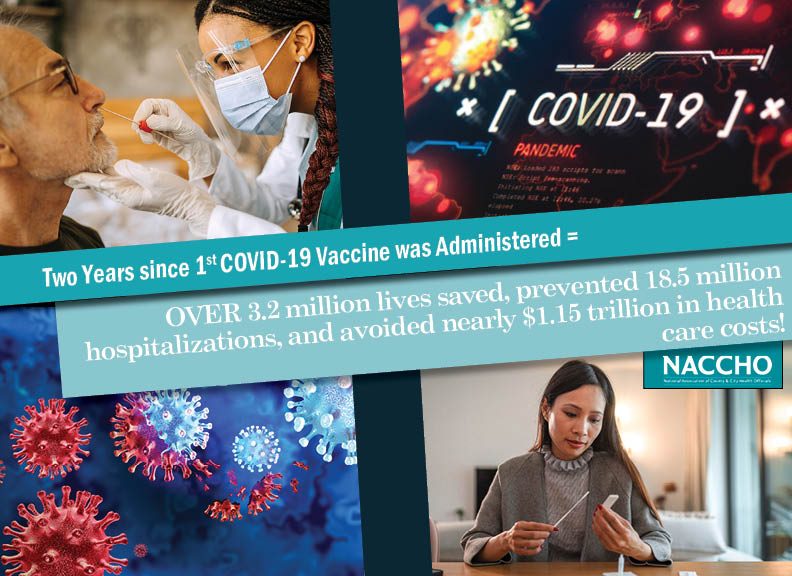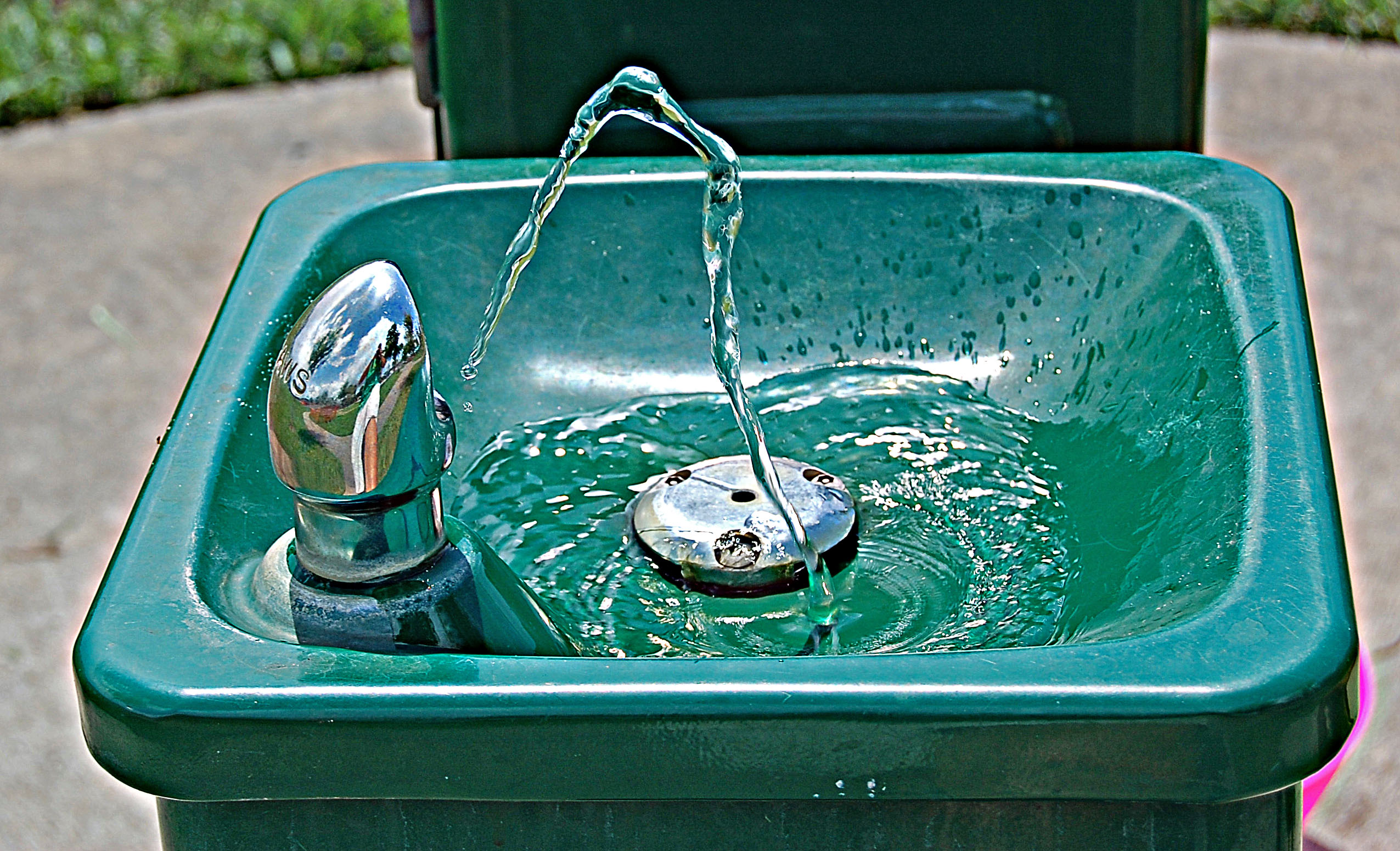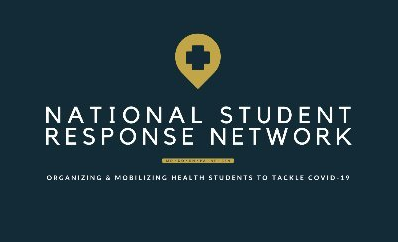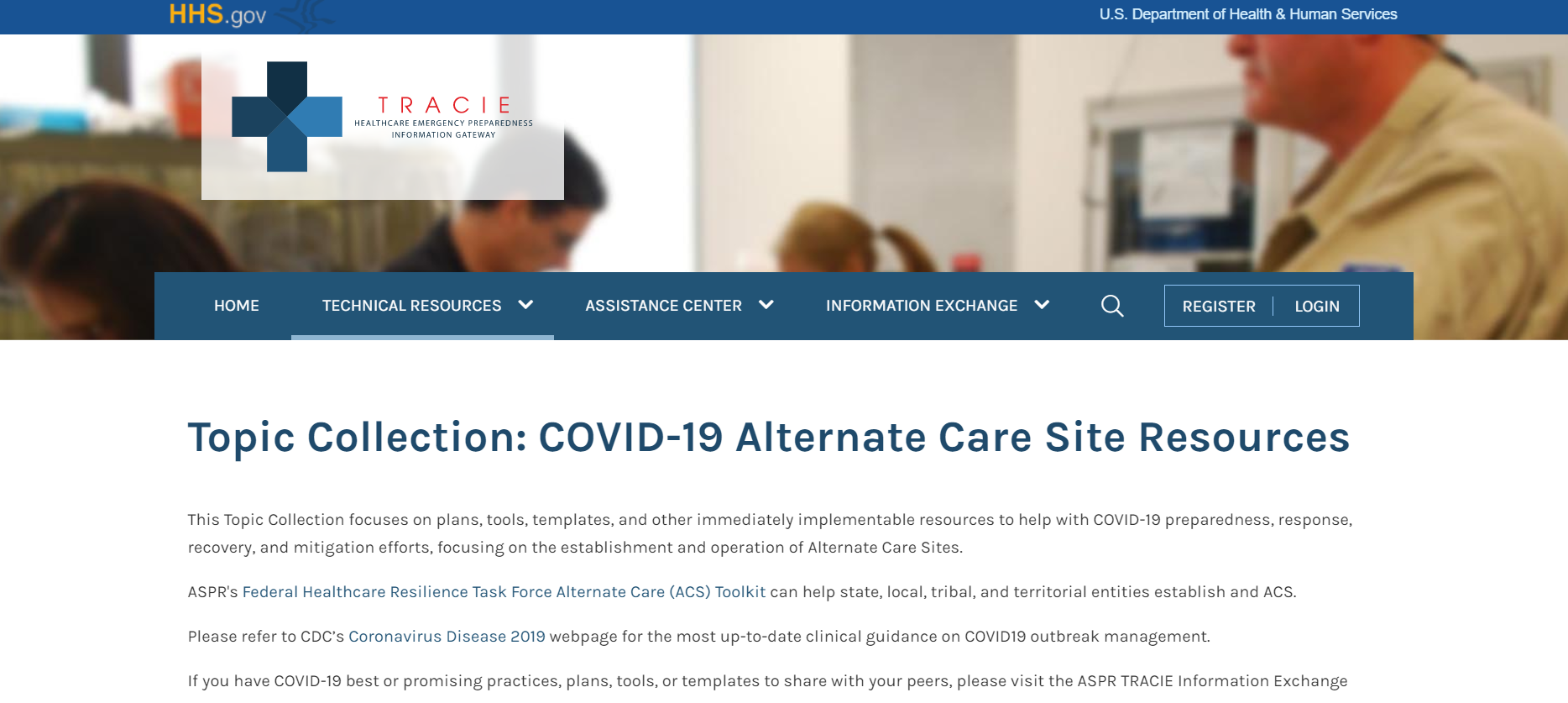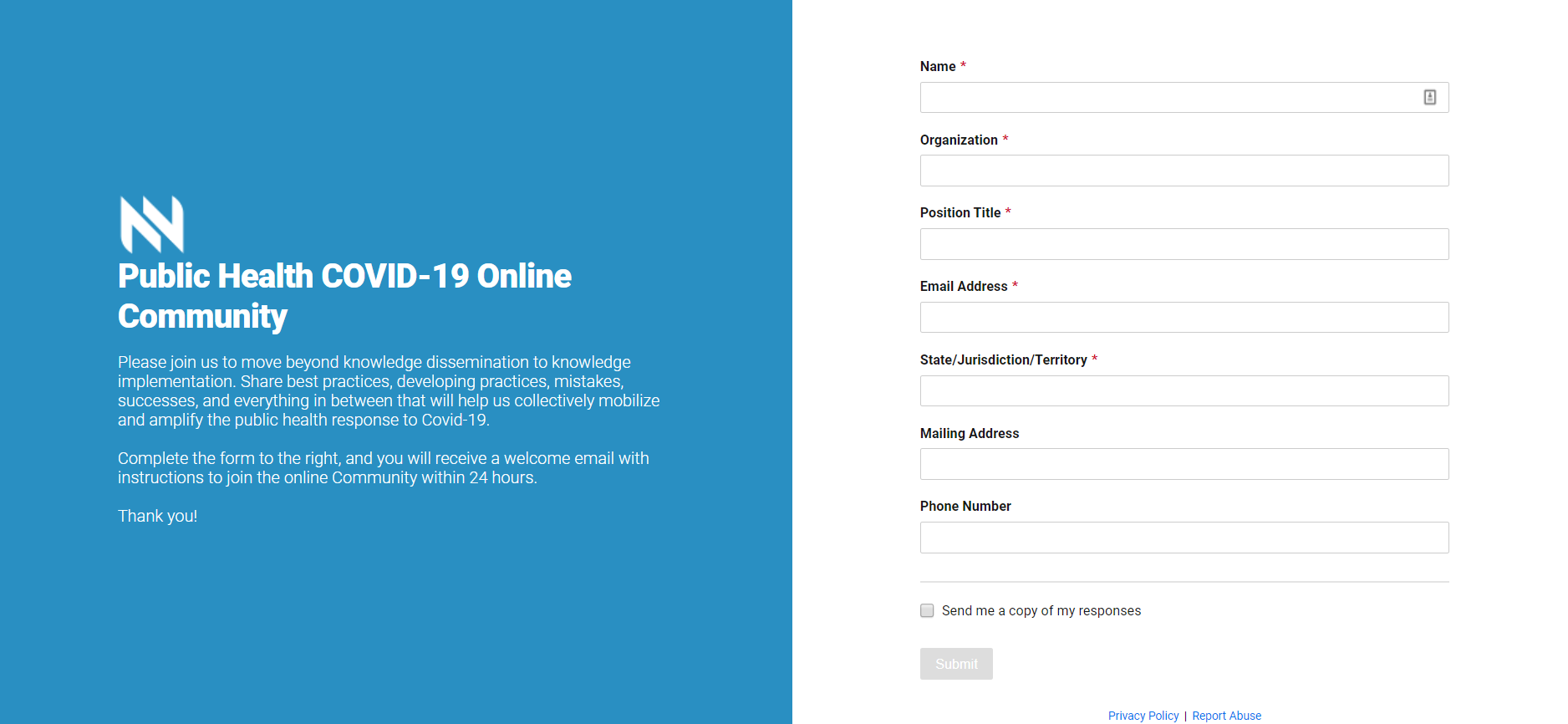Popular Categories
Fairfax County MRC Site Visit
On July 30, the Fairfax County Health Department (VA) hosted NACCHO staff members Alyson Jordan and Kim Grimmick for an MRC site...
Aug 05, 2014 | Kim Grimmick
NACCHO Statement of Policy: Local Health Department and Pharmacy Partnerships
Strong relationships between pharmacies and state and local health departments can be mutually beneficial and build upon the inherent...
Aug 05, 2014 | Erin Roberts
Greater Prince William County MRC’s “Becoming an Active Bystander” Training
On July 12, the Greater Prince William County MRC held a 4-hour training exercise to teach non-medical volunteers and community...
Jul 31, 2014 | Kim Grimmick
NACCHO Releases Resources to Help LHDs Address CDC Public Health Preparedness...
A listing of top-tier resources for local health departments (LHDs) is now available online to assist in addressing select CDC public...
Jul 31, 2014 | Rachel Schulman
Tackling the Legal Aspects of Public Health Emergency Preparedness
Imagine a new type of influenza or other communicable condition is spreading rapidly throughout your state or locality. Essential...
Jul 14, 2014 | Guest Author
Using Closed PODs to Protect Critical Infrastructure
Sara Dinga, Public Health Emergency Response Coordinator at the Washoe County Health District (NV), is working to better prepare...
Jul 03, 2014 | Erin Roberts
Public Health Law Workgroup June Report
This month the Public Health Law Workgroup met with Dorit Reiss from the University of California Hastings College of Law to discuss...
Jul 01, 2014 | Guest Author
New Emergency Preparedness Training Program Released for People with Access and...
It is well known that people with disabilities and other functional/access needs are less likely to be included in emergency...
Jun 23, 2014 | Guest Author
Preparing the Florida Public Health Workforce for Legal Challenges
The term “public health preparedness” is often thought of in the context of ensuring preparations are adequate to deal with, reduce...
Jun 20, 2014 | Guest Author
Fairfax County MRC Site VisitOn July 30, the Fairfax County Health Department (VA) hosted NACCHO staff members Alyson Jordan and Kim Grimmick for an MRC site visit. During this site visit, NACCHO staff spoke to the health department’s leadership about their relationship with the MRC unit. This discussion also focused on on-going activities and trainings offered to MRC volunteers […] Aug 05, 2014 | Kim Grimmick |
NACCHO Statement of Policy: Local Health Department and Pharmacy PartnershipsStrong relationships between pharmacies and state and local health departments can be mutually beneficial and build upon the inherent strengths of each sector, especially during public health emergencies. As healthcare professionals, pharmacists already play a critical role in the provision of health and wellness services, in chronic disease management, in health screenings, and in providing... Aug 05, 2014 | Erin Roberts |
Greater Prince William County MRC’s “Becoming an Active Bystander” TrainingOn July 12, the Greater Prince William County MRC held a 4-hour training exercise to teach non-medical volunteers and community members how to provide basic initial care to survivors in the immediate aftermath of an incident, either manmade or natural. Representatives from the Federal Emergency Management Association (FEMA), NACCHO, and the DCVMRC were present to […] Jul 31, 2014 | Kim Grimmick |
NACCHO Releases Resources to Help LHDs Address CDC Public Health Preparedness CapabilitiesA listing of top-tier resources for local health departments (LHDs) is now available online to assist in addressing select CDC public health preparedness capabilities. As LHDs strive to achieve and enhance community preparedness and recovery capacity and capability, they often face an assortment of resources from a wide-ranging sources. With support from the CDC, NACCHO has developed […] Jul 31, 2014 | Rachel Schulman |
Tackling the Legal Aspects of Public Health Emergency PreparednessImagine a new type of influenza or other communicable condition is spreading rapidly throughout your state or locality. Essential resources are quickly being depleted. State and local health care personnel are strained by the number of cases and infections within their own ranks. What legal powers do you need to respond effectively and protect the public's health? Could you use volunteers from... Jul 14, 2014 | Guest Author |
Using Closed PODs to Protect Critical InfrastructureSara Dinga, Public Health Emergency Response Coordinator at the Washoe County Health District (NV), is working to better prepare Washoe County for a pandemic through the use of closed Points of Dispensing (PODs) which target vital services employees. Closed PODs are defined as public and private locations that have agreed to dispense medications, generally during […] Jul 03, 2014 | Erin Roberts |
Public Health Law Workgroup June ReportThis month the Public Health Law Workgroup met with Dorit Reiss from the University of California Hastings College of Law to discuss legal incentives for vaccination. Dr. Reiss is working on studying vaccine policy in this country and legal ways to deal with costs related to outbreaks caused by lack of immunizations. Attendees at NACCHO […] Jul 01, 2014 | Guest Author |
New Emergency Preparedness Training Program Released for People with Access and Functional NeedsIt is well known that people with disabilities and other functional/access needs are less likely to be included in emergency preparedness planning efforts and are more likely than members of the general population to be left behind in emergencies and suffer negative health outcomes as a result. In order to address this disparity, The Connecticut Council […] Jun 23, 2014 | Guest Author |
Preparing the Florida Public Health Workforce for Legal ChallengesThe term “public health preparedness” is often thought of in the context of ensuring preparations are adequate to deal with, reduce vulnerability to, and recover from emergency situations or disastrous events resulting from either natural or manmade causes. However, public health preparedness is also about being prepared to respond to the less catastrophic scenarios and problems that arise on a... Jun 20, 2014 | Guest Author |
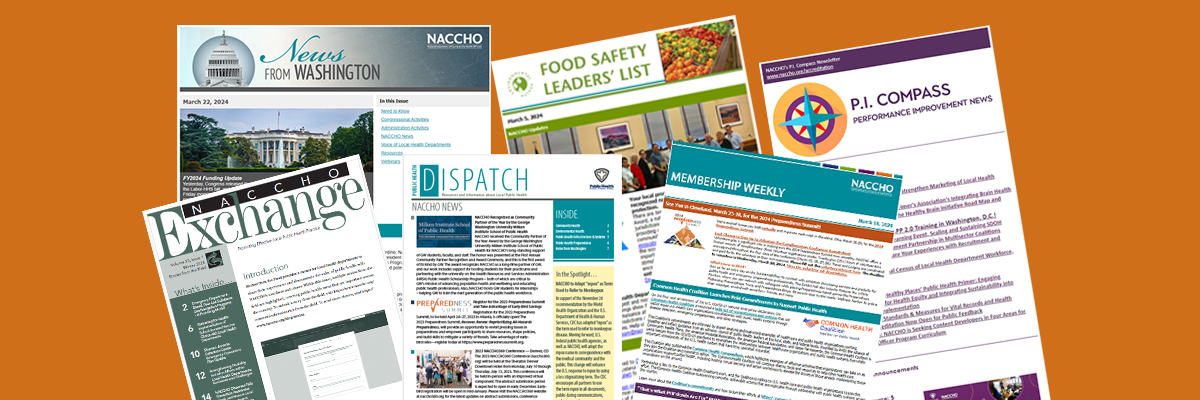
Subscribe Today
Sign Up for the E-mail Digests
Create an account or login to MyNACCHO and go to "My Subscriptions."
SUBSCRIBE NOW